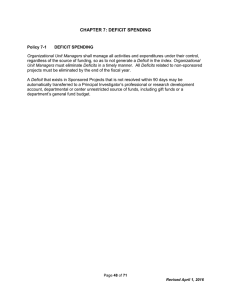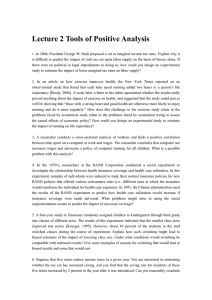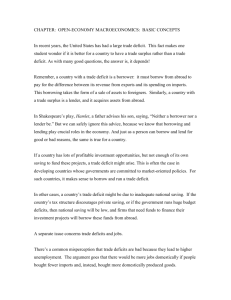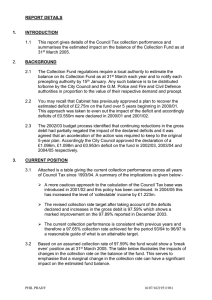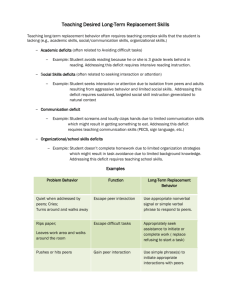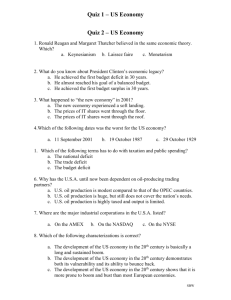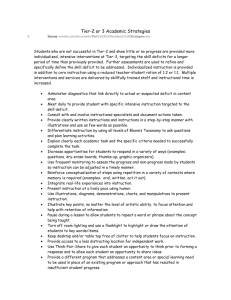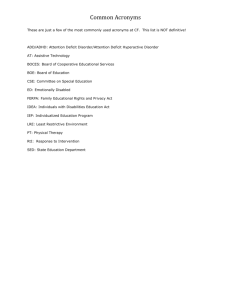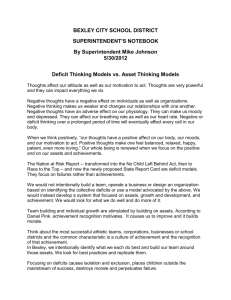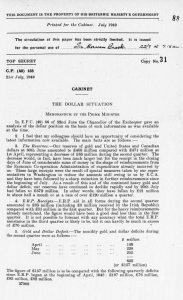Bulletin of Political Economy
advertisement
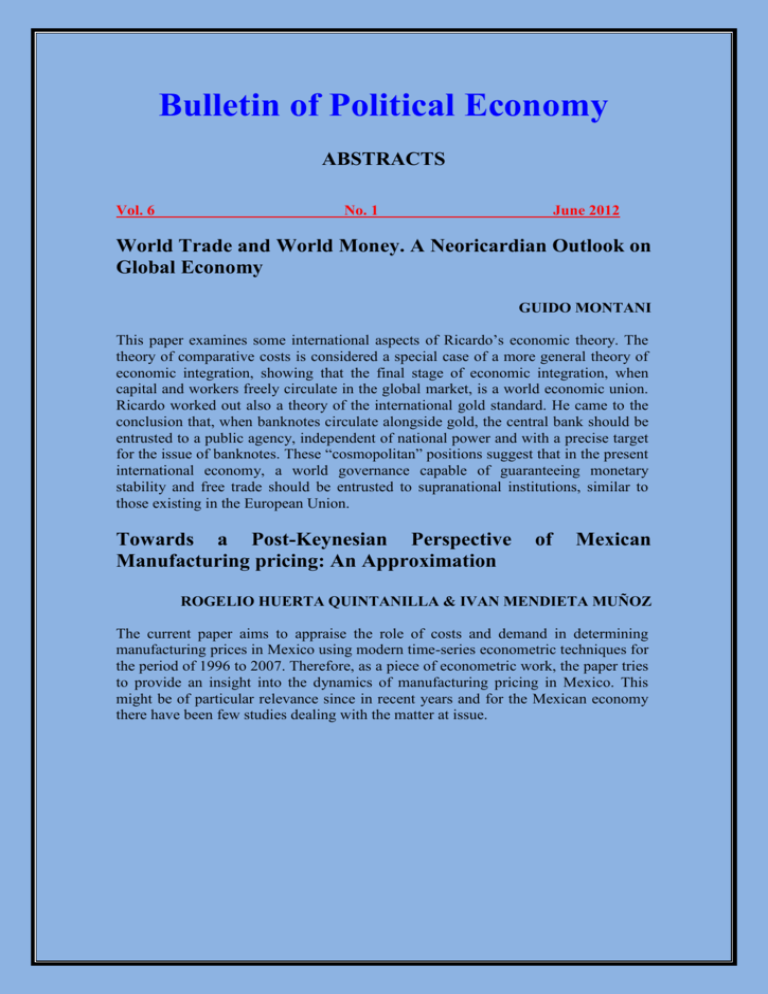
Bulletin of Political Economy ABSTRACTS Vol. 6 No. 1 June 2012 World Trade and World Money. A Neoricardian Outlook on Global Economy GUIDO MONTANI This paper examines some international aspects of Ricardo’s economic theory. The theory of comparative costs is considered a special case of a more general theory of economic integration, showing that the final stage of economic integration, when capital and workers freely circulate in the global market, is a world economic union. Ricardo worked out also a theory of the international gold standard. He came to the conclusion that, when banknotes circulate alongside gold, the central bank should be entrusted to a public agency, independent of national power and with a precise target for the issue of banknotes. These “cosmopolitan” positions suggest that in the present international economy, a world governance capable of guaranteeing monetary stability and free trade should be entrusted to supranational institutions, similar to those existing in the European Union. Towards a Post-Keynesian Perspective Manufacturing pricing: An Approximation of Mexican ROGELIO HUERTA QUINTANILLA & IVAN MENDIETA MUÑOZ The current paper aims to appraise the role of costs and demand in determining manufacturing prices in Mexico using modern time-series econometric techniques for the period of 1996 to 2007. Therefore, as a piece of econometric work, the paper tries to provide an insight into the dynamics of manufacturing pricing in Mexico. This might be of particular relevance since in recent years and for the Mexican economy there have been few studies dealing with the matter at issue. Corporate Social Responsibility and Human Development GIULIO GUARINI Here I illustrate an original framework within which to consider the role of Corporate Social Responsibility (CSR), defined as socioeconomic innovation, on development process by a cost-benefit analysis. CSR can generate costs of implementation and some costs in terms of community development. On the other hand, CSR can generate business benefits for firm and benefits for local community both directly, by producing public goods, and indirectly by sustaining civil society and public institutions in order to promote development process oriented to individual and collective well-being. Deficit Paranoia and Unemployment: A Critical Perspective CONSTANTINOS ALEXIOU The purpose of the paper is to provide a conceptual perspective on the potential merits of deficits as well as to assess the relevance of the NAIRU concept, by touching on the fundamental arguments for and against public deficits. In periods of economic austerity, structural deficits can have stimulating effects on economic growth. Policy makers should pursue a high-employment deficit target such that the debt-to-GDP ratio remains constant. The NAIRU is a rather antiquated notion that has to be carefully reconsidered. The existing mechanism reflected by the dominant neoliberal doctrine has put paid to any adjustment efforts to consolidate the economies; hence, adding further to the problem by transferring the entire burden of adjustment to labor markets. Instead of striving to eliminate deficit regardless of the shape of the economy, we should try and pursue a deficit that is sufficiently large to provide the effective demand for all of the goods and services the economy can generate. The effects of cumulative causation can lead to a chain reaction capable of putting the economy on the road to recovery.
